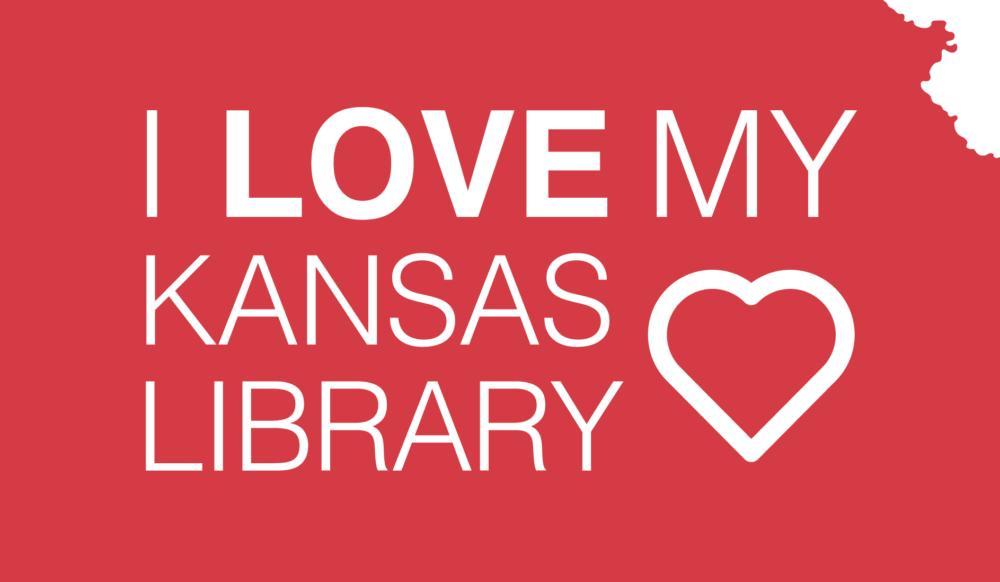
November 18, 2022 – Libraries in small towns are often innovative in serving their communities beyond providing information. Where they see a need, they find a solution.
In Horton, the public library coordinates with Second Harvest to administer the “No Hunger Summer” feeding program. Children under the age of 18 years old can get a free lunch and snack during the summer when school is not in session.
Children from lower-income homes are often susceptible to extended periods of hunger and eating food with no nutritional value when they are not in school. Many working families are forced to make decisions regarding the purchase of food or paying for other necessities such as rent, utilities, and medical care.
This U.S. Department of Agriculture (USDA) Summer Food Service Program coordinates with libraries, parks and recreation departments, churches, swimming pools, community centers, and nonprofits to make sure kids have summertime lunches and snacks. In many ways feeding children at libraries during the summer is a great match since most public libraries provide summer reading activities to engage children. These programs are crucial for students to retain the knowledge learned and skills learned in the previous school year.
In March 2020 when the global Covid-19 pandemic hit, the Horton Public Library partnered with the USDA again to provide free food to the most vulnerable including children, seniors, and those who were homebound. Weekly for six months, the USDA would bring fresh food including milk, meat, vegetables, and fruit to the Horton Library where 25 volunteers would unpack the truck and distribute the food. This required a lot of coordination and communication with the public. The library staff was key to making it a success. Jessica Ray Buhrman, library director, says, “These programs help families on limited budgets make it through the summer and tough times like the pandemic. We are happy to play a part in making Horton even better.”
Like the Horton Public Library, Kansas libraries provide non-traditional library services for their communities. Libraries can utilize their building, community partnerships, volunteers, and other assets to create impactful new services where there is a need and a natural connection.
